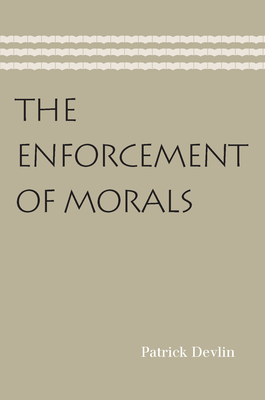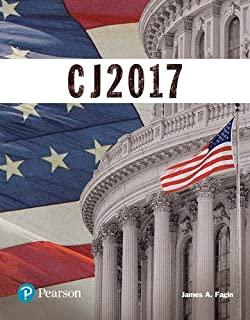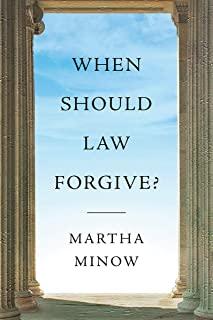
Are morals always relative? Are private actions--among consenting adults-- always beyond the law? Or are there some behaviors which so weaken a society that common beliefs about right and wrong must be enforced to protect the common good?
In opposing the decriminalization of private acts of homosexuality in Britain, Patrick Devlin maintained that not only is it reasonable to allow popular morality to influence lawmaking, it is imperative: " . . . For a society is not something that is kept together physically; it is held by the invisible bonds of common thought."
Today, as divisive issues such as same-sex marriage and "don't ask, don't tell" confront our legislative, judicial, and executive branches, the views expressed by Devlin in The Enforcement of Morals resonate and reverberate anew.
Patrick Devlin (1905-1992) studied history and law at Cambridge University and became a successful lawyer.






